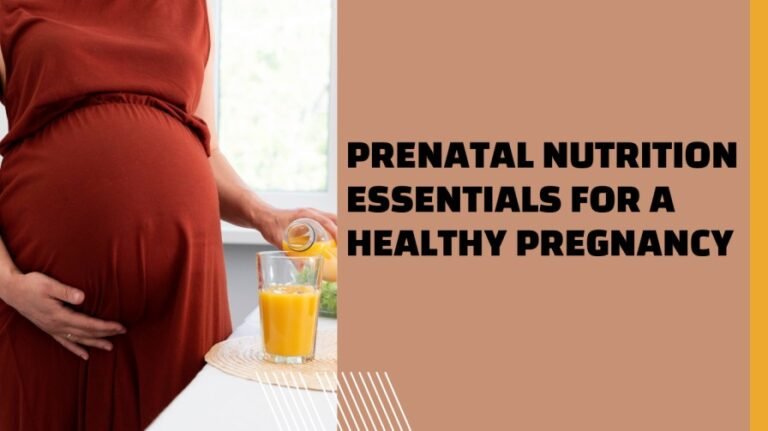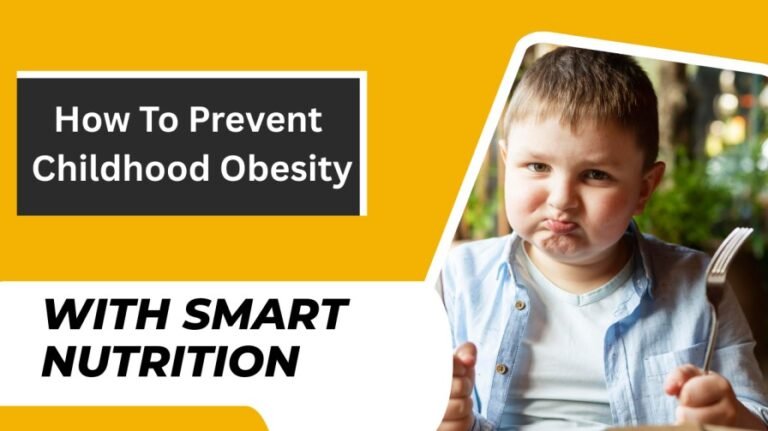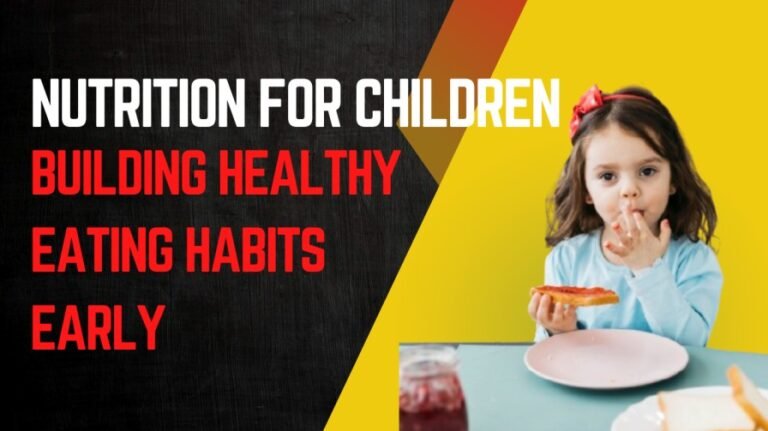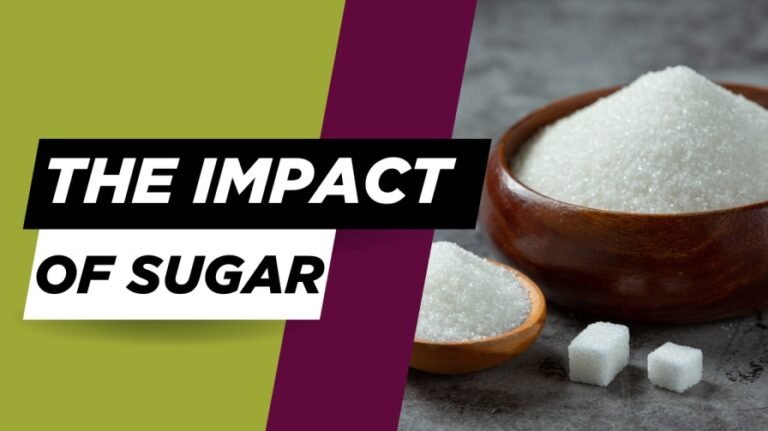7 Early Signs of Heart Disease You Shouldn’t Ignore
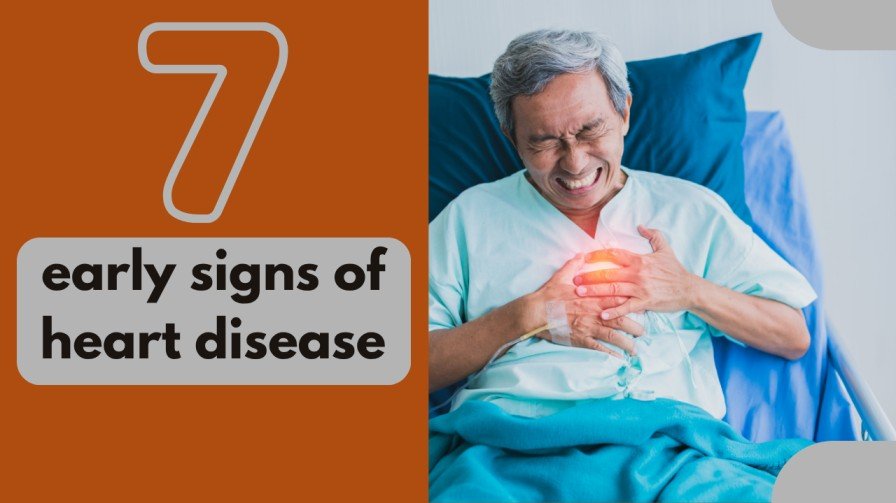
7 Early Signs of Heart Disease You Shouldn’t Ignore
Heart disease – the silent adversary – quietly remains the world’s foremost cause of death, infiltrating lives with subtlety rather than spectacle. While many envision sudden chest pain or dramatic heart attacks as its main manifestations, the truth is far more insidious. Often, heart disease develops like a slow-moving shadow, creeping undetected. Understanding and recognizing its earliest signs could very well save your life.
Understanding Heart Disease
Heart disease isn’t a singular entity. Instead, it’s a sprawling term encompassing a spectrum of cardiovascular afflictions: coronary artery disease, arrhythmias, heart failure, and beyond. Typically, its roots lie in narrowed or blocked arteries, courtesy of creeping plaque buildup. This silent constriction stifles blood flow, starving heart muscles and, over time, weakening the heart itself.
Why Early Detection Matters
Timely recognition of early heart disease symptoms can dramatically alter your health trajectory. Catching these whispers of trouble means you can intervene early—making lifestyle changes, seeking medical care, and avoiding catastrophic outcomes like heart attacks or strokes.
1. Chest Discomfort or Pain (Angina)
Surprising yet true: chest discomfort is often dismissed, especially when it doesn’t arrive as sharp pain. Angina manifests as pressure, squeezing, heaviness, or even an uncomfortable fullness centered in the chest or radiating to the left. Triggered by exertion or emotional turmoil, this sensation tends to recede with rest.
What to Watch For:
- Persistent tightness or heaviness in your chest
- Pain spreading to arms, neck, jaw, or back
- Discomfort arising during activity, relieved by rest
Ignoring this signal risks grave consequences. Angina often heralds insufficient blood flow to your heart’s muscle tissue.
2. Shortness of Breath
Breathlessness where none should exist? It could be your heart waving a warning flag. Fluid buildup in the lungs, courtesy of a struggling heart, makes breathing laborious.
What to Watch For:
- Difficulty breathing with exertion or while lying down
- Sudden breathlessness at night
- Fatigue after minimal activity
Letting this symptom slide could allow serious heart problems to escalate unchecked.
3. Fatigue and Weakness
Unrelenting exhaustion, unexplained and persistent, might be your heart hinting at trouble. If it’s struggling to pump efficiently, your muscles and tissues are oxygen-starved, leaving you drained.
What to Watch For:
- Fatigue following minor activities
- Inability to complete daily routines
- Lingering weakness without clear cause
While tiredness has many faces, unexplained fatigue should trigger concern and evaluation.
4. Swelling in Legs, Ankles, and Feet (Edema)
Notice your shoes tightening? Socks leaving deeper imprints? Swelling in your lower limbs might be more than everyday fluid retention. When your heart falters, blood flow slows, pooling fluid in your extremities.
What to Watch For:
- Evening swelling after prolonged sitting or standing
- Persistent puffiness, unaffected by rest
- Sensation of tightness in footwear
Overlooking edema, especially paired with other symptoms, is risky.
5. Irregular Heartbeat (Arrhythmia)
A heart that skips, flutters, or races without clear reason could be sounding a subtle alarm. Arrhythmias often signal underlying cardiovascular complications.
What to Watch For:
- Palpitations or sudden awareness of heartbeat
- Sporadic skipped beats
- Episodes of rapid or abnormally slow pulse
While occasional irregularity isn’t unusual, recurring episodes necessitate medical investigation.
6. Dizziness or Lightheadedness
When reduced cardiac output deprives your brain of oxygen, dizziness and lightheadedness can strike. In severe cases, fainting spells enter the scene.
What to Watch For:
- Feeling faint upon standing quickly
- Random dizzy spells during routine tasks
- Blackouts or fainting episodes (syncope)
Don’t chalk this up to dehydration or fatigue—it might be your heart crying for help.
7. Persistent Cough or Wheezing
Coughs typically bring to mind colds, not heart disease. Yet, a chronic, nagging cough—especially one producing pink-tinged, frothy mucus—may indicate fluid-laden lungs, a sign of heart failure.
What to Watch For:
- Ongoing cough unrelated to illness
- Wheezing while breathing
- Cough worsening when reclined
Don’t dismiss these pulmonary whispers; your heart could be to blame.
Other Possible Warning Signs
Beyond the critical seven, other subtle symptoms may suggest brewing cardiac issues:
- Nausea, indigestion, or abdominal discomfort (often in women)
- Cold sweats without environmental triggers
- Aches in upper back, shoulders, or arms
- Persistent anxiety or a looming sense of dread
Risk Factors for Heart Disease
Your odds of heart disease rise if you grapple with:
- High blood pressure
- Elevated cholesterol levels
- Diabetes
- Smoking habits
- Physical inactivity
- Family history of cardiovascular issues
- Nutritionally poor diet
- Excessive alcohol consumption
Awareness of these risk factors isn’t just informative—it’s empowering.
Preventive Measures
Noticing symptoms is crucial, but prevention is powerful. Prioritize heart health through:
- Heart-focused diet: Fill your plate with vegetables, fruits, whole grains, lean proteins, and healthy fats.
- Consistent exercise: Engage in at least 150 minutes of moderate aerobic activity weekly.
- Stress management: Yoga, meditation, and deep breathing aren’t luxuries—they’re lifelines.
- Weight control: Aim for a healthy BMI to ease your heart’s workload.
- Elimination of tobacco, moderation of alcohol: Your heart thrives without these toxins.
- Routine monitoring: Track blood pressure and cholesterol vigilantly.
- Continuous education: Stay informed, stay protected.
When to Seek a Doctor’s Guidance
Even subtle symptoms warrant attention. The earlier you consult a healthcare provider, the greater your odds of curbing disease progression. Don’t delay action until symptoms scream for it.
Conclusion
Heart disease isn’t always loud; often, it whispers—through breathlessness, lingering fatigue, swollen feet, or a stubborn cough. The sooner you listen, the better your chances of protecting your most vital organ.
Ignore these subtle murmurs at your peril. Instead, act decisively. Embrace preventive habits. Recognize warnings. Seek help.
Your heart, quite literally, depends on it.


